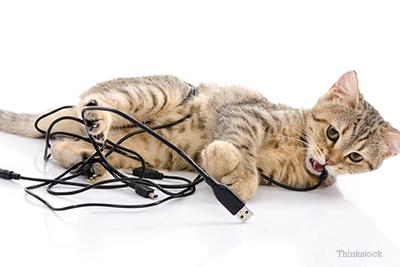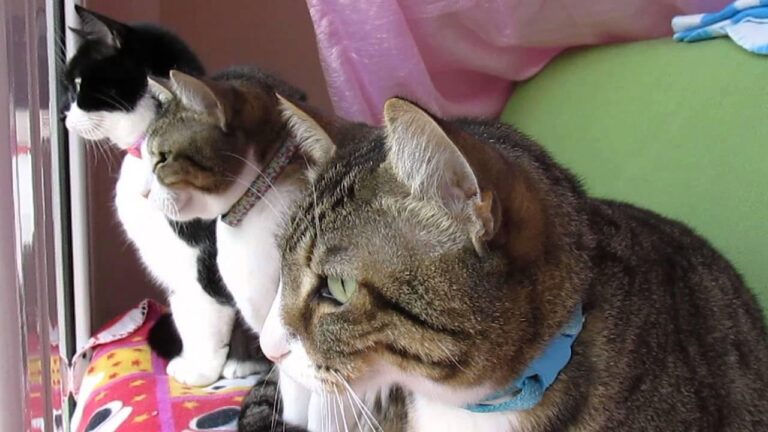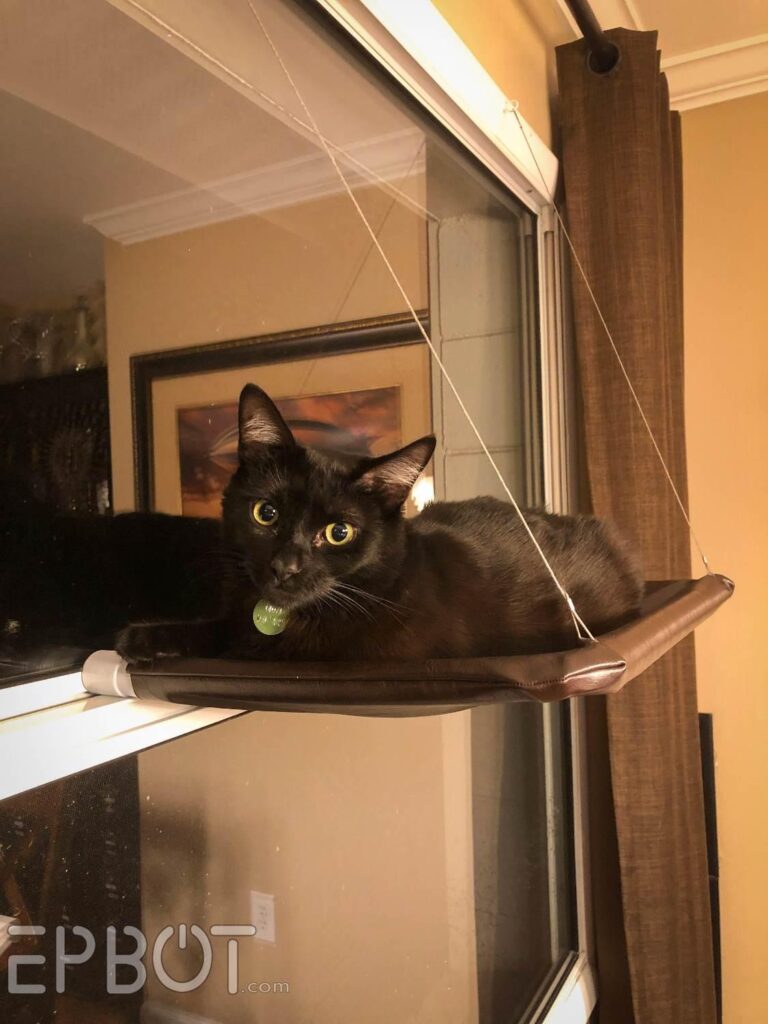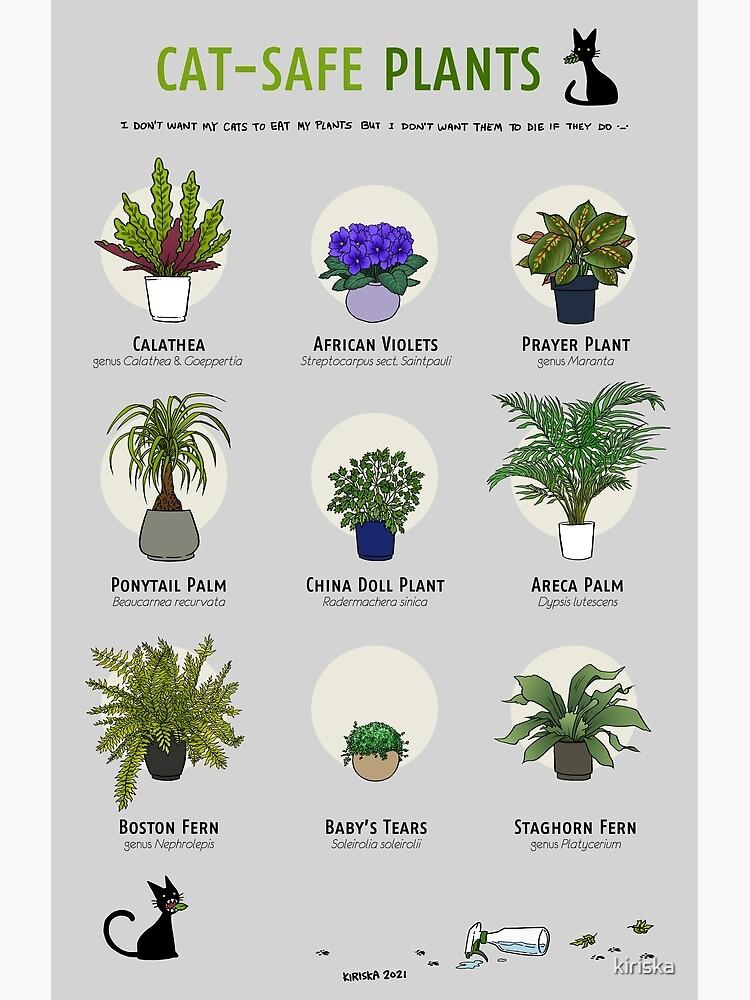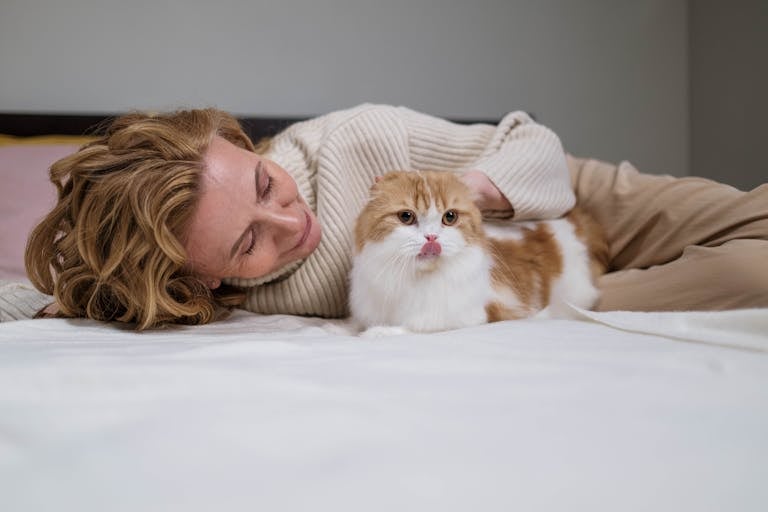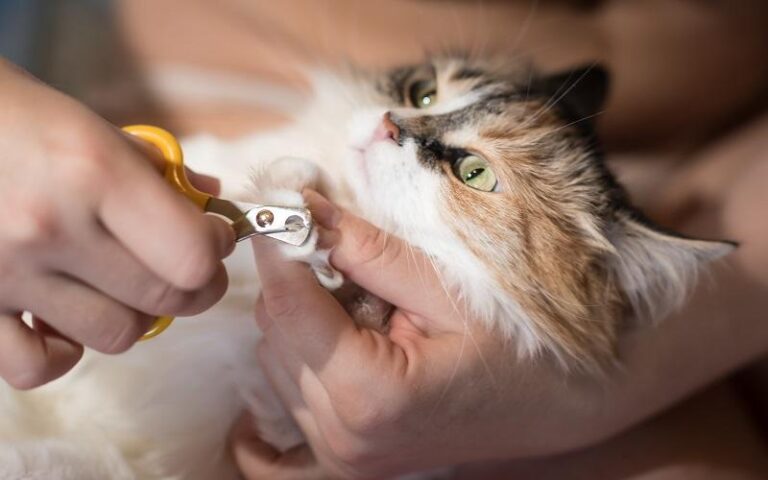How to Stop Cats from Chewing on Cords
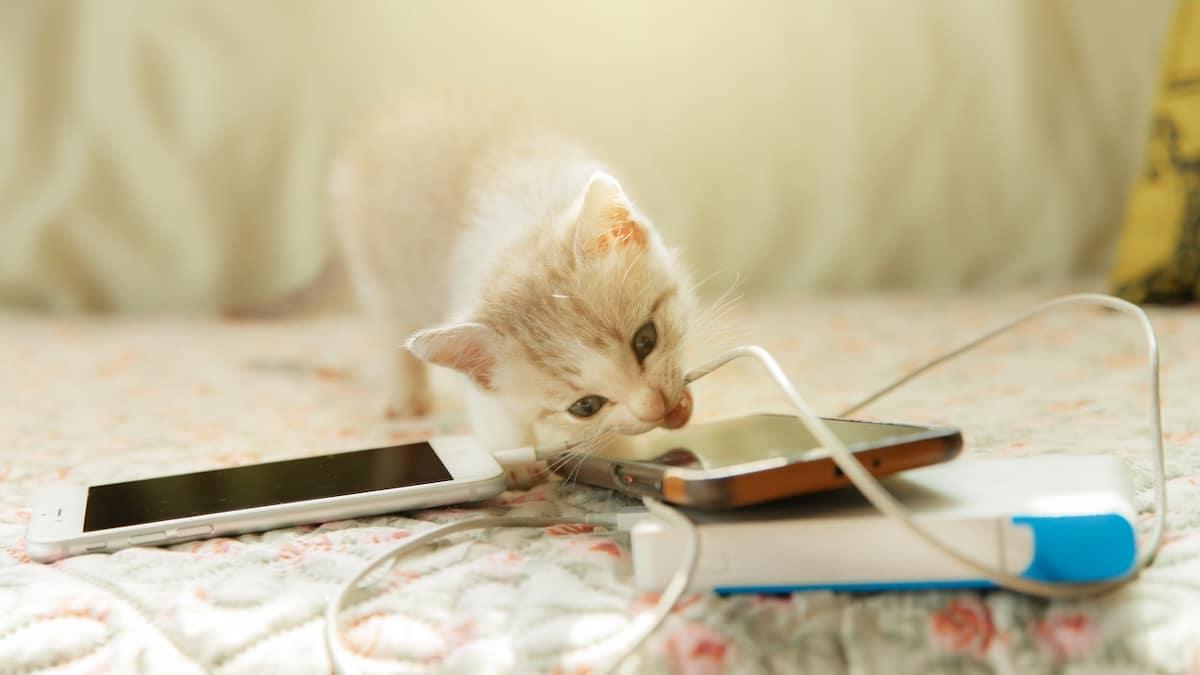
How to Stop Cats from Chewing on Cords
Let’s be honest—if you’re a cat parent, you’ve probably found your furry friend giving your phone charger or TV cord a not-so-gentle nibble at some point. It’s frustrating and a bit scary (hello, danger of electric shock!), but it’s also something many cats do out of curiosity, boredom, or even teething. As a lifelong cat lover and #1 fan of all those quirky feline antics, I get it—and I’m here to help.
In this post, we’ll explore why cats chew cords, share some surefire ways to protect your home (and your kitty!), and suggest a few products that can really make a difference. Ready to say goodbye to the chewed-up cords and keep your kitty safe? Let’s dive in.
When Curious Teeth Meet Tempting Cords: What’s the Deal?
Cats chewing on cords isn’t just a random bad habit—it actually makes sense when you stop and think about their instincts and environment.
Curiosity and Playfulness
Cats explore the world through their mouths almost like babies do. Those dangling cords move, tease, and seem like irresistible little “toys.” For young kittens especially, oral exploration is a big part of learning what’s in their environment.
Boredom and Anxiety Can Lead to Destructive Chewing
If your cat doesn’t have enough stimulation, they might turn to your cords as a way to entertain themselves or relieve stress. Cats left alone for long hours or lacking engaging playtime often find mischief.
Teething Troubles
Just like puppies (and human babies), kittens go through a teething phase where chewing soothes their sore gums. Unfortunately, cords feel just right!
Attention-Seeking Behavior
Sometimes, the cord-chewing is a way to get your attention—even if it’s negative. Cats are smart like that and will use whatever works to get you focused on them. some cord chewing may stem from stress-related behaviors you can identify through your cat’s body language.
How to Protect Your Cords and Keep Your Cat Happy
Luckily, there are a bunch of easy and effective ways to stop your kitty from gnawing on your cords. Here’s a practical, step-by-step game plan that has worked wonders for many pet parents.
1. Cat-Proof Your Space
-
- Hide or Cover Cords: Use cable organizers, cord covers, or tubing to keep wires out of paw—and teeth—reach. This creates a physical barrier to temptation.
-
- Rearrange Furniture: Sometimes just moving your cords behind heavy furniture or away from high-traffic areas helps reduce access.
-
- Unplug When Possible: Remove cords when you don’t need them plugged in to reduce temptation.
2. Provide Safe, Engaging Alternatives
-
- Give Them Toys: Offer plenty of chewable toys or interactive options like feather wands, balls, or puzzle feeders. These give your cat a positive outlet for their need to chew or play.
-
- Rotate Toys Regularly: Keeping toys fresh and interesting is key to preventing boredom-related chewing.
-
- Consider Cat Grass or Edible Chews: Some cats love nibbling on cat grass or specific edible chews designed for teeth and gums.
3. Use Taste Deterrents
Several pet-safe sprays are bitter or unpleasant to cats but completely harmless. Spritz these on cords to discourage chewing. Just be sure to follow instructions and reapply as needed.
4. Increase Playtime and Interaction
Spend quality time with your cat each day. Interactive play helps burn off excess energy that might otherwise be directed at chewing cords.
5. Train with Positive Reinforcement
-
- Redirect and Reward: If you catch your cat chewing cords, gently redirect them to a toy, then reward them with praise or treats when they choose the toy instead.
-
- Consistency is Everything: It might take time, but sticking to this routine helps your kitty learn what’s off limits.
Mistakes to Dodge When Tackling Cord Chewing
Like with any pet training, some well-meaning approaches can actually backfire. Watch out for these common pitfalls:
1. Yelling or Punishing
Scolding or physical punishment stresses your cat and can increase anxiety, making destructive chewing worse. Cats don’t respond well to negative reinforcement—it’s about patience and guidance.
2. Ignoring Boredom and Stress Signs
Sometimes, chewing is a symptom of bigger issues like loneliness or anxiety. Simply blocking cords without giving your cat other outlets won’t fix the root cause.
3. Using Toxic Substances for Deterrence
Never use anything harmful or unsafe on cords. Bitter sprays designed for pets are made with safety in mind—home remedies like lemon or pepper can cause problems if your cat ingests them.
4. Delaying Action
The longer chewing is allowed, the harder it gets to break the habit. Start cord-proofing and redirecting as soon as you notice the behavior.
Some Products That Could Save Your Cords (and Your Sanity)
Here are a few pet-tested items that many cat parents find super helpful in solving the cord-chewing dilemma:
-
- ChewGuard Bitter Spray for Pets: A safe, non-toxic deterrent spray that tastes awful to cats but won’t harm them.
-
- Cord Protectors and Flexible Cable Covers: These plastic or silicone sleeves slip over cords to keep little teeth away.
-
- Interactive Cat Toys: Invest in toys designed to engage hunting instincts like laser pointers, wand toys, or automatic ball launchers.
Frequently Asked Questions
Why do cats like chewing cords so much?
Cats chew on cords because of curiosity, boredom, teething, or stress. The cords move and feel interesting to their teeth, making them a tempting “toy.” Providing alternatives and environmental enrichment can help reduce this urge.
Is chewing cords dangerous for cats?
Yes, chewing on live electrical cords can cause serious injury or even be fatal due to electric shock. It’s important to cat-proof cords and discourage chewing to keep your kitty safe.
How long does it usually take to stop a cat from chewing cords?
It varies by cat and situation, but with consistent training, deterrents, and plenty of playtime, many pet parents see improvements within a few weeks. Patience and persistence are key!
Wrapping It Up: Keeping Cords Chew-Free and Cats Content
Watching a cat chew on cords isn’t just annoying, it’s a real safety risk that’s worth addressing sooner rather than later. Remember, your whiskered buddy isn’t “being bad” on purpose—they’re just navigating the world the best way they know how. By cat-proofing your home, offering fun alternatives, and staying patient with training, you can protect your cords and keep your kitty happy and healthy.
Got your own tips or stories about cord-chewing cats? Drop them in the comments—I love hearing how other pet parents tackle the quirks of our furry friends!

